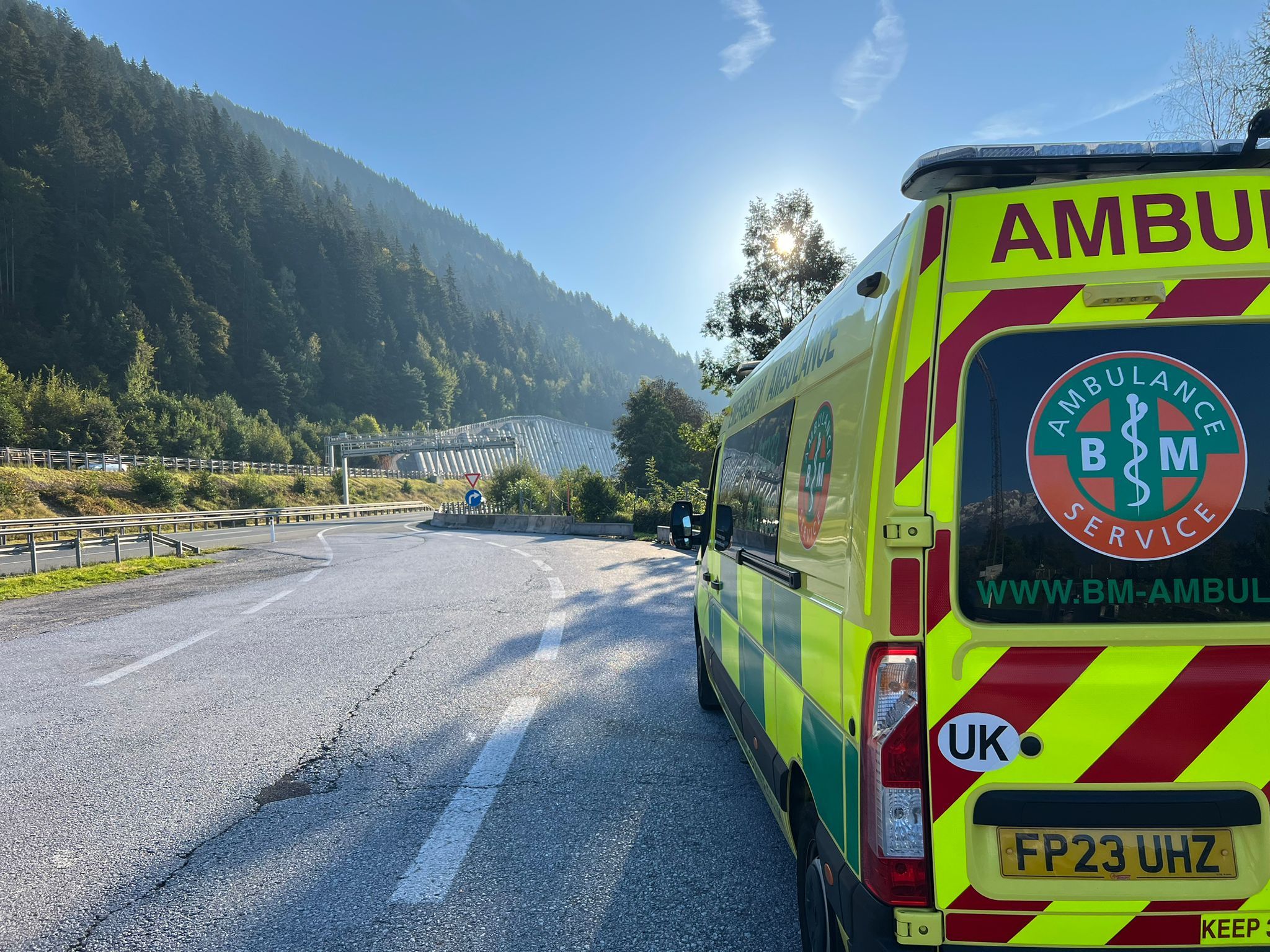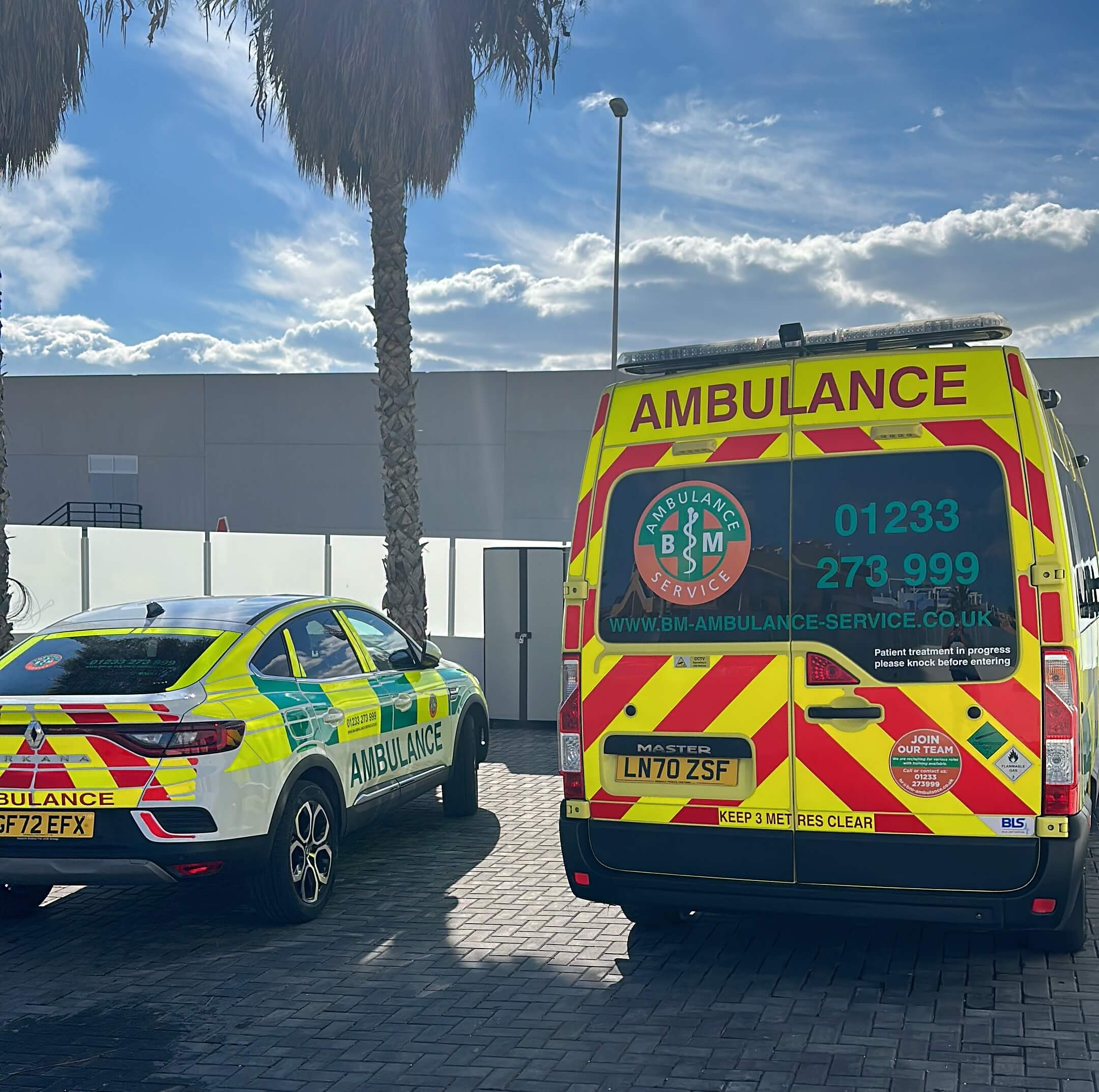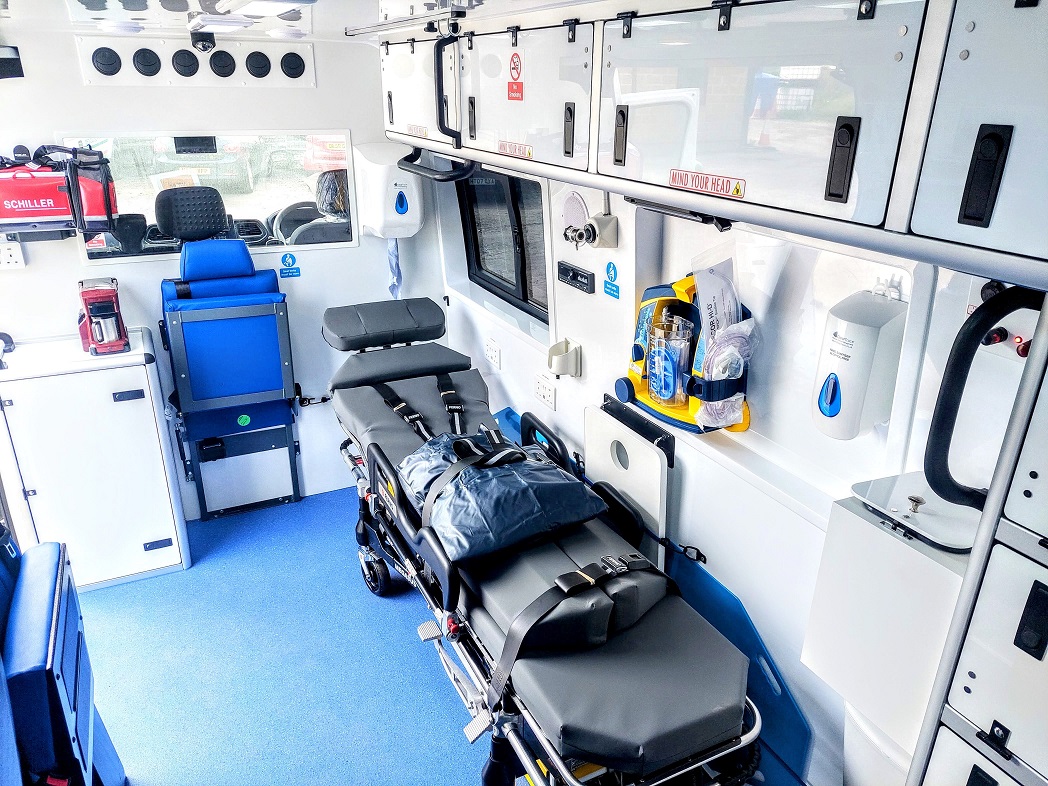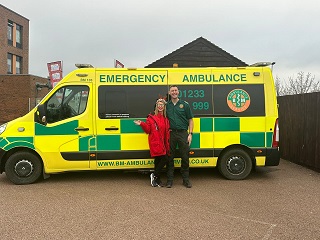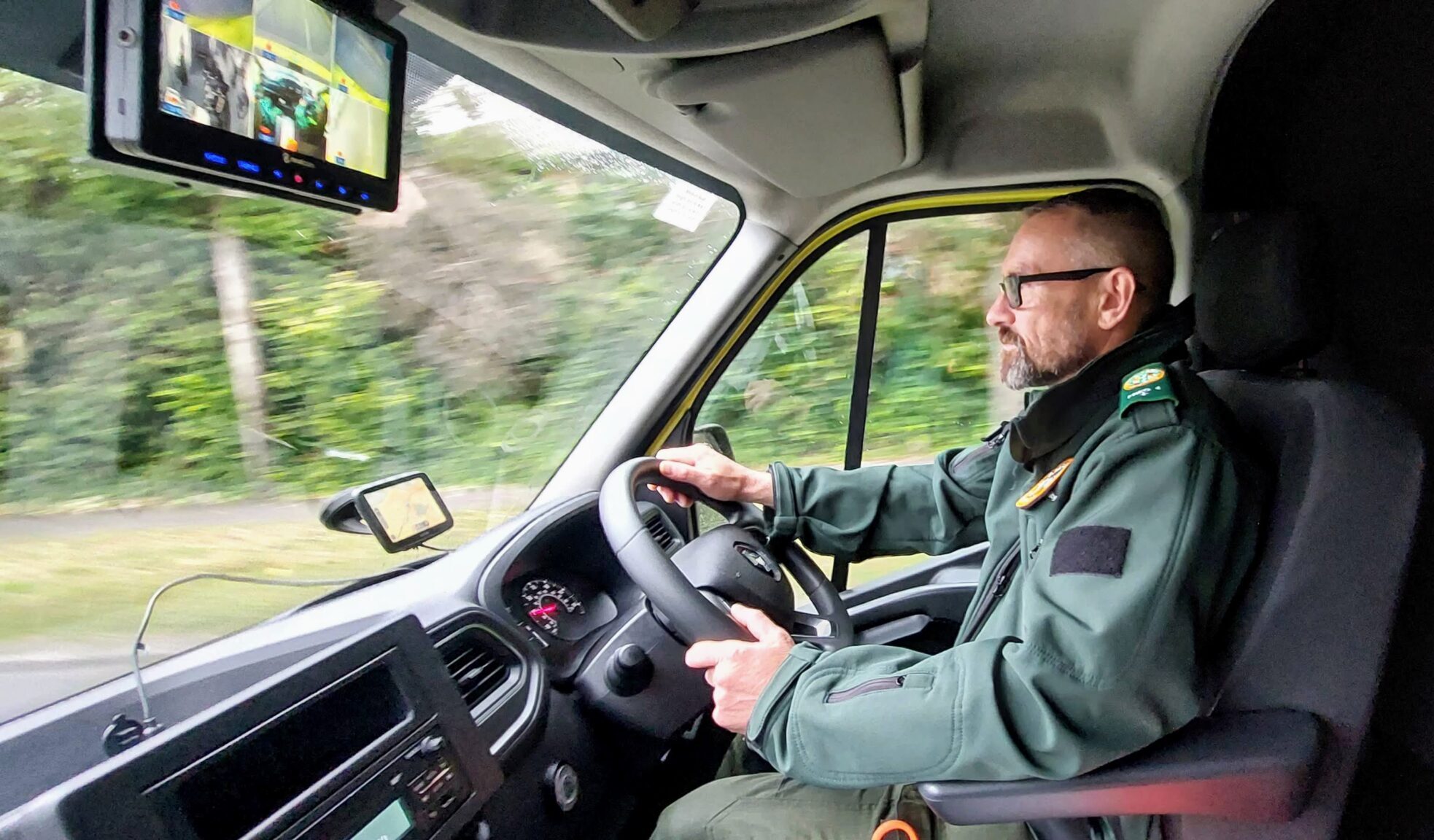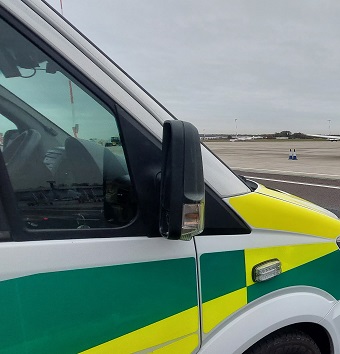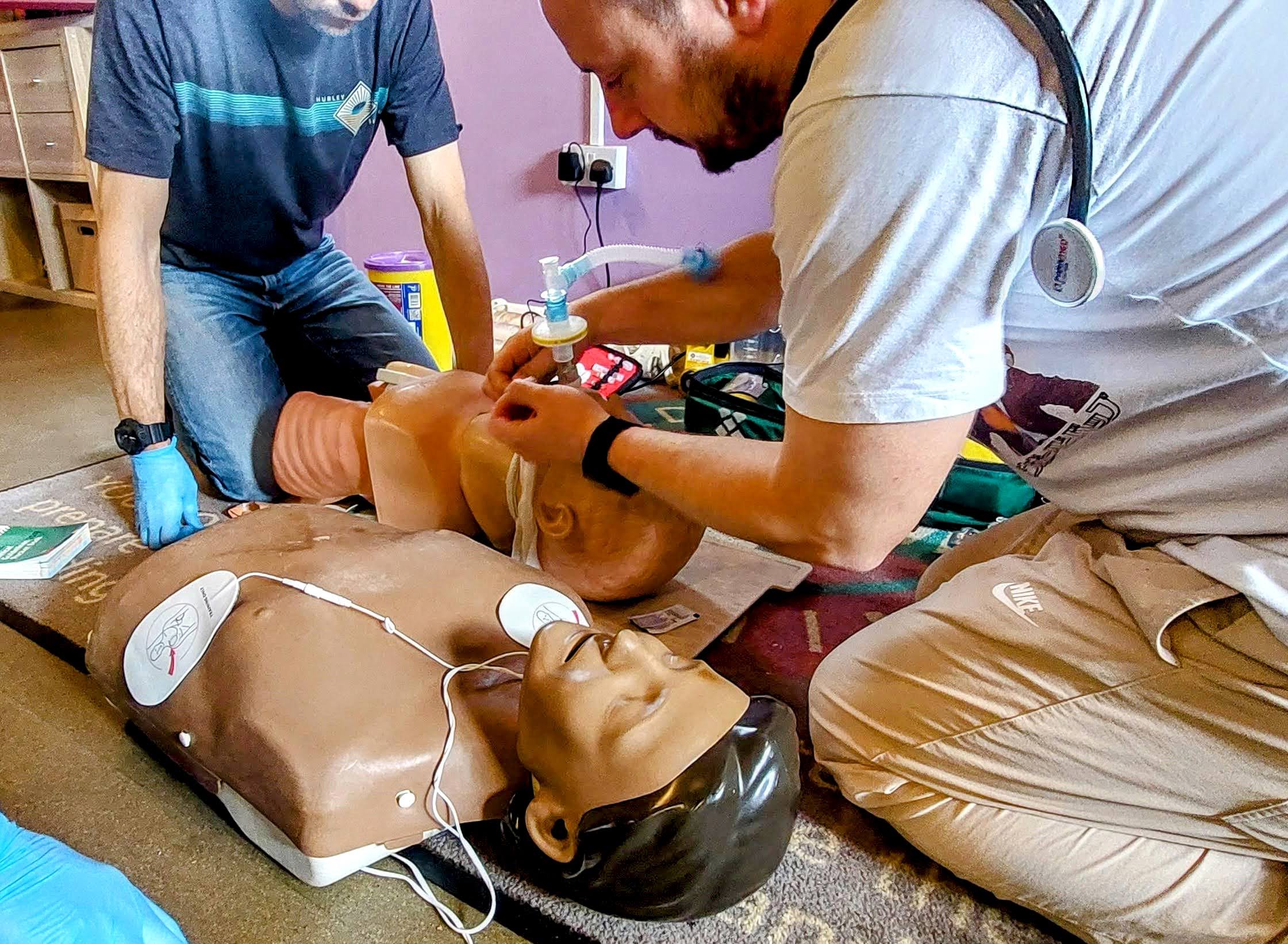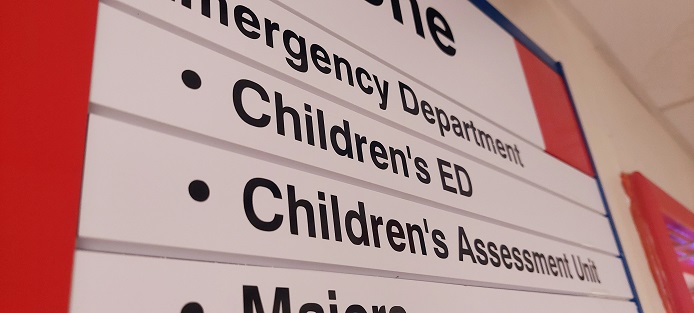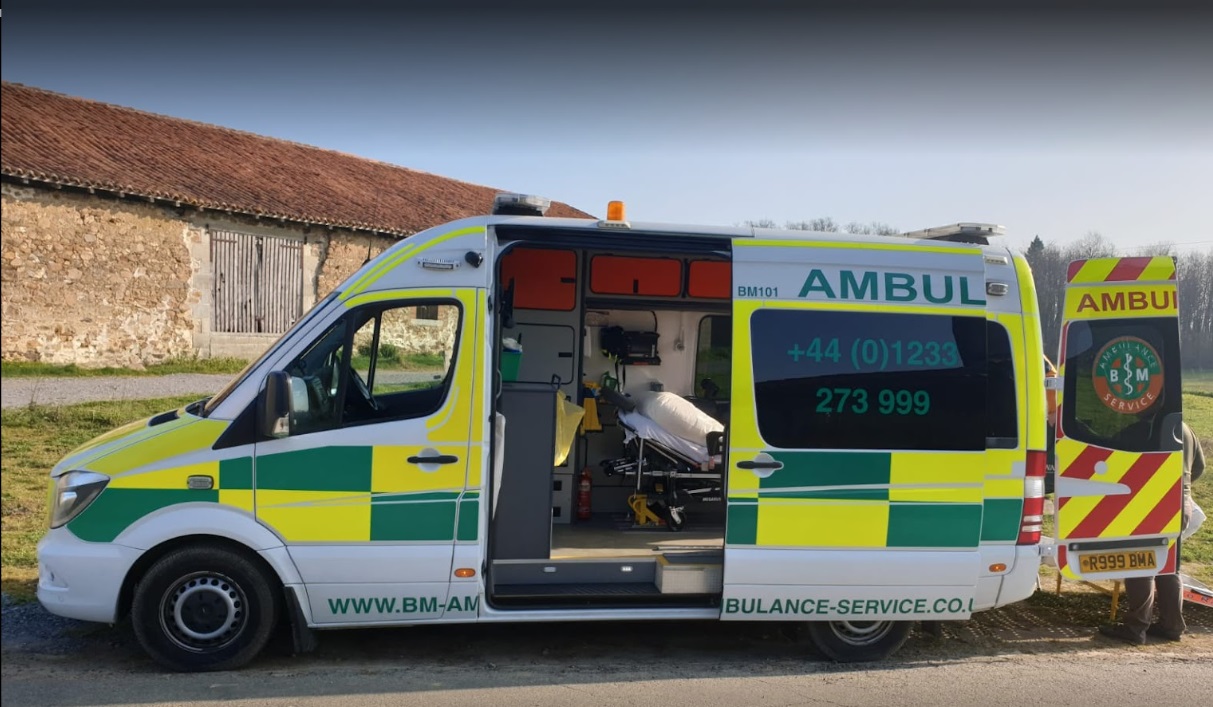QA Level 3 Award in Administering Emergency Medical Gases (RQF)
Emergency Medical Gases Course Kent
Do you want to work in the emergency medical sector. Do you have a need to administer medical gases? Then join our course and get certified to administer Oxygen. Our office location
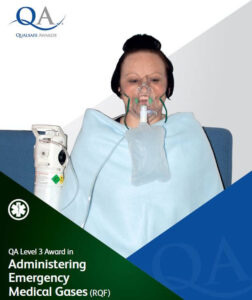
QA Level 3 Award in Administering Emergency Medical Gases (RQF)
Course Overview
This qualification forms part of the QA Prehospital Care qualifications. It will provide the Learner with the knowledge and understanding to be able to administer emergency medical gases in a prehospital care setting.
The qualification and learning outcomes are based on the recommendations of:
• Resuscitation Council (UK)
• Skills for Health Assessment Principles for First Aid Qualifications
• The British Thoracic Society
• UK Ambulance Services Clinical Practice Guidelines 2017 (JRCALC)
Learners should be able to demonstrate the administration of safe, prompt and effective use of emergency medical gases which can arise when providing emergency treatment and/or management in pre-hospital care situations.
What’s Covered?
- Clarify the health and safety considerations when using oxygen
- Describe the benefits of administering oxygen in an emergency situation
- Give examples of situations when using oxygen in an emergency is required
- State the indications when using oxygen for adults and children in an emergency
- State the cautions and contraindication when using oxygen in an emergency
- Perform safety checks on equipment required to administer oxygen
- Demonstrate the safe administration of oxygen using required equipment
- Demonstrate cardiopulmonary resuscitation (CPR) using:
- Oxygen
- Bag valve mask (B-V-M)
- AED
- Monitor and record the effects of administering oxygen
- Clarify the health and safety considerations when using a combination of nitrous oxide 50% and oxygen 50%
- Identify the actions of a combination of nitrous oxide 50% and oxygen 50%
- State the indications when using a combination of nitrous oxide 50% and oxygen 50% in an emergency for adults and children
- State the cautions and contraindications when using a combination of nitrous oxide 50% and oxygen 50% in an emergency
- Perform safety checks on equipment required to administer a combination of nitrous oxide 50% and oxygen 50%
- Demonstrate the safe administration of nitrous oxide 50% and oxygen 50% oxygen using required equipment
- Monitor and record the effects of administering nitrous oxide 50% and oxygen 50%
Entry requirements
Learners must be at least 16 years old on the first day of the training.
Before they can register on to this qualification, Learners must have:
• Successfully completed a Level 3 First Aid at Work (QCF) (FAW) or QA recognised equivalent, and
• Knowledge/awareness of an automated external defibrillator (AED) if it isn’t incorporated into the FAW
There are no other formal entry requirements but to benefit from the learning we advise that Learners have a
minimum of Level 2 in literacy and numeracy or equivalent and a basic understanding of first aid.
Intended audience
This QA qualification is for people who have a specific responsibility to be able to safely administer and
monitor the effects of emergency medical gases within their scope of practice in a prehospital environment.
This includes (but is not limited to) the following roles/personnel:
• A first aider operating in a high risk workplace such as:
– In welding, flame cutting and similar processes;
– For helping people with breathing difficulties;
– In hyperbaric chambers as a medical treatment;
– For food preservation and packaging;
– In steelworks and chemical plants
• Community first responders
• Fire, police and other emergency services personnel
While achievement of this qualification confirms Learners have met both the theoretical and practical requirements, this does not imply a ‘license to practice’ – the scope of practice will be determined by the organisation responsible for medical gases provision. This qualification does not allow a Learner to obtain, store or administer medical gases without clinical governance.
This course costs £60 per person plus VAT – Please look at our Course Dates Page
Feedback
What our clients say.
Accreditations

CQC Registered
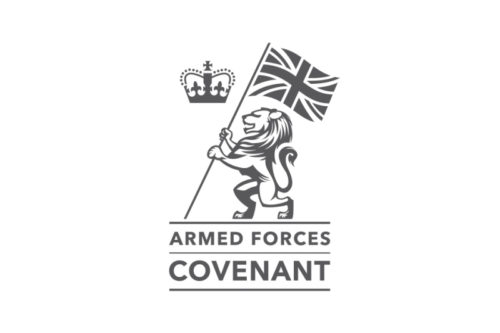
 BM
BM 

